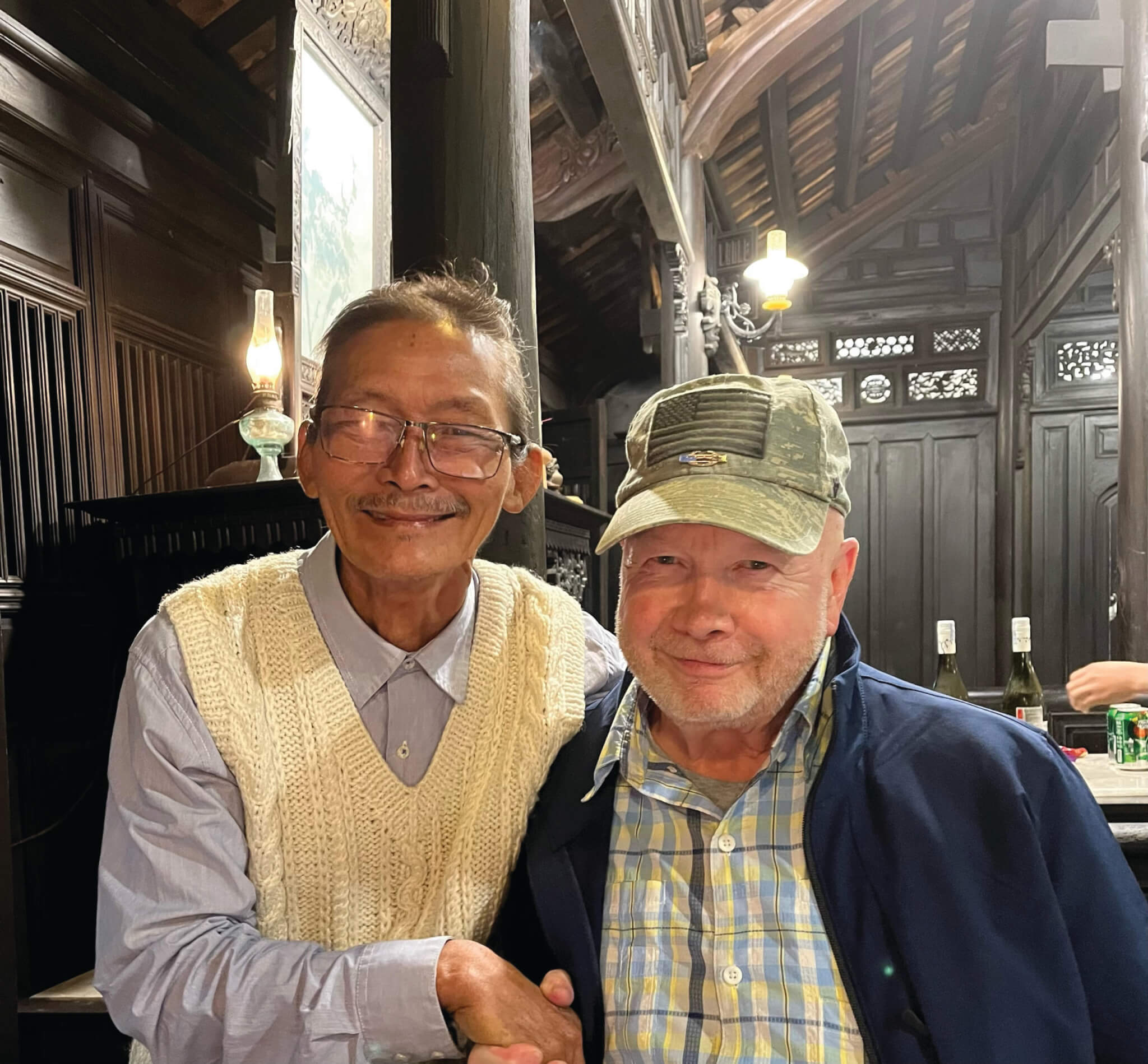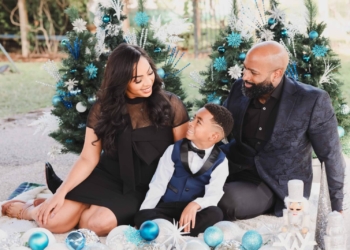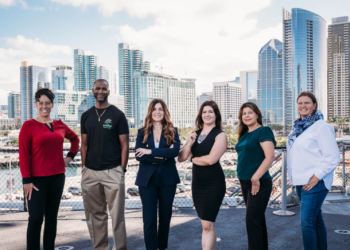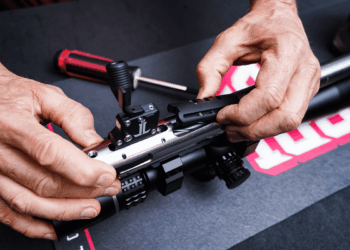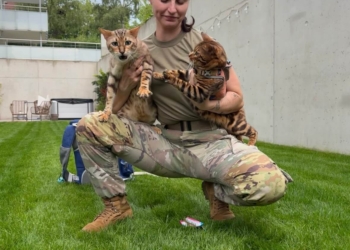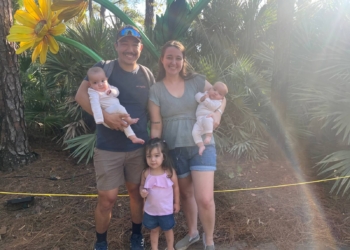Fifty-four years ago, Pfc. Virgle Howell spent seven months of his life manning a 4.2-inch mortar fighting communism in Vietnam.
The U.S. Army veteran was stationed at Dau Tieng Base Camp near the Cambodian border in 1968-69, during the height of the Vietnam War.
Revisiting Vietnam for the first time since his Army days, Howell recently joined a small group tour offered by the Road Scholar program. His daughter Melissa Novotny and ex-wife and still good friend Lisa Hill accompanied him on the trip.
“Lisa actually suggested the trip,” Howell said.
The 17-day tour – Walking Vietnam: Paths of Wonder from Hanoi to Ho Chi Minh City – featured numerous highlights, including a stop at Mai Chau, a city surrounded by breathtaking mountains and rice paddy fields.
“For scenery, this was probably the most enjoyable part of the trip,” Novotny said.
While the 15-member group started off as strangers when they first met in Hanoi, some left as kindred spirits. Others, like Howell, left Vietnam with a better understanding of himself and the demons he’s carried with him for more than 50 years.
The first visit to Vietnam
Howell, of Kellogg, Idaho, was drafted in July 1968 and completed basic training and Advanced Individual Training at Fort Lewis, near Tacoma, Washington. He served as an indirect fire infantryman during his short stint in Southeast Asia.
Decades of time have done little to erase Howell’s recollection of that first flight into Saigon’s Tan Son Nhat International Airport.
“It was a commercial flight, though everyone onboard was military,” Howell said, “and the announcement set the tone for the remainder of my time in country.
“The stewardess, as they were called back then, announced the following: ‘As we approach our landing runway, we are experiencing incoming fire, so please feel free to use the adjacent runway bunkers for cover.’ That was my welcome to Vietnam.”
RELATED: Native American veteran publishes memoir based on letters he wrote home during Vietnam War
Shortly upon arrival, Howell was assigned to the 25th Infantry Division and part of the Triple Deuce – 2nd Battalion (Mechanized), 22nd Infantry Regiment, Headquarters Battalion.
But after serving just seven months in Vietnam, Howell was sent stateside after his father died in a car wreck.
“As the sole surviving son, I was reassigned back to Fort Lewis, where I finished out my two-year military commitment,” he said.
Though he only served seven months in combat, the end result was a lifetime of internal battles often referred to as PTSD. Howell has a 70% PTSD disability rating.
A healing journey
When Howell joined Novotny, Hill and the other tourists for this walking tour through Vietnam, he knew the itinerary, but couldn’t imagine some of the experiences he would bring home.
One of those moments took place while in Hanoi. Many children throughout Vietnam enjoy practicing their English, especially with Americans like Howell, who they can spot in a heartbeat. His western attire and flag-adorned cap served as his calling card.
One day, a 4-year-old boy approached Howell, all smiles and ready to practice his English. This simple exchange sent Howell on a brief, but emotional, roller coaster.
Chaotic images of Vietnam from the 1960s flooded back. Vivid recollections of collateral damage had been a recurring theme in his mind, even 50 years later. Many of those images still contribute to his ongoing PTSD.
“Though I didn’t agree with communism, and I proudly served in Vietnam, I still felt bad for the innocent people who were inevitable collateral damage during the war,” Howell said.
But chatting with the boy, and seeing firsthand true happiness in the Vietnamese people today, provided a blanket of solace and comfort the former infantryman never knew he was searching for.
“I could see that they were fine now, and in a way, so was I,” Howell said.
On a stop in the ancient city of Hue, Howell befriended a Vietnamese gentleman, Ong Nguyen, whose family descended from mandarins, or bureaucratic scholars. Nguyen also served during the Vietnam War, fighting for the South Vietnamese Army alongside Americans.
The two men shared a cup of sake and reflected on their experiences during the war.
“This was probably the most moving part of the trip for me,” Howell said. “It was also a really healing moment as well.”
Novotny summarized not only the trip, but this exchange her father experienced with Nguyen.
“I truly hope this inspires more veterans to return to their countries of deployment, and to find a way to make peace within, after experiencing some of the most turbulent times in their lives,” she said. “Even though it wasn’t always easy for my dad, I believe this revisit to Vietnam made a big difference in changing his outlook, and for that I am forever thankful.”
Read comments

